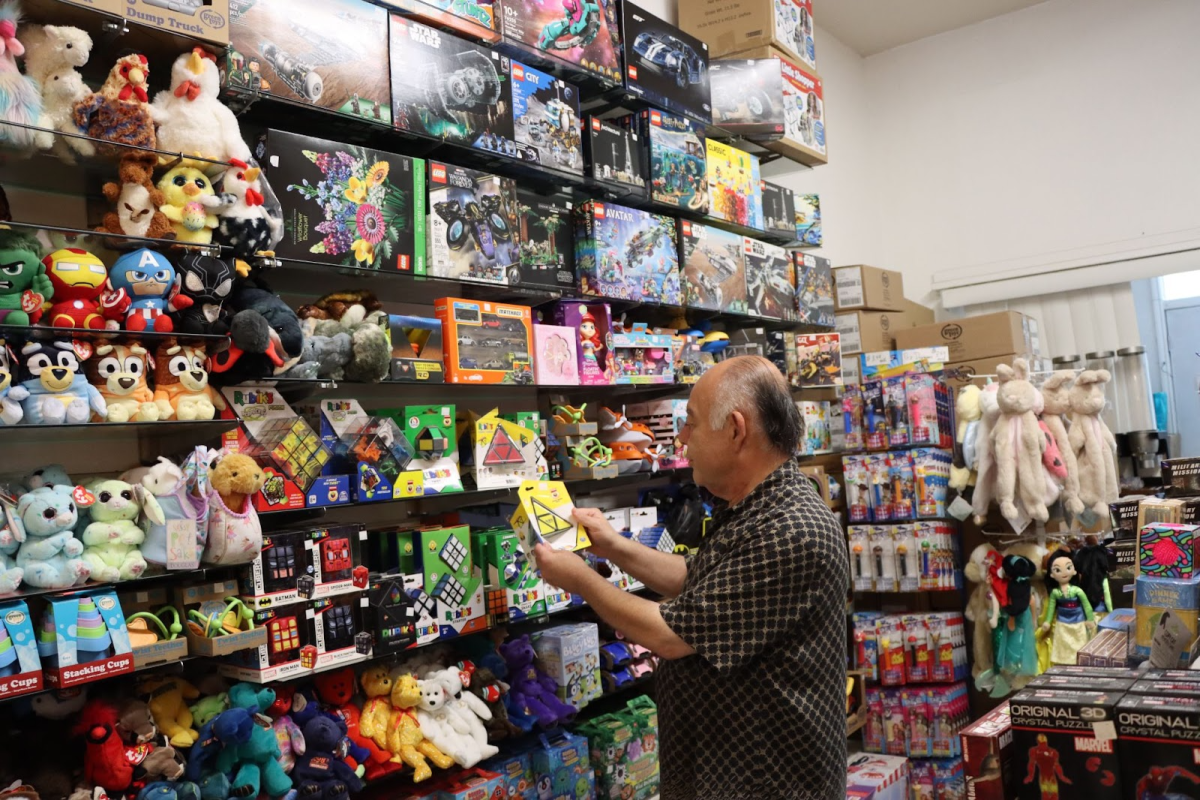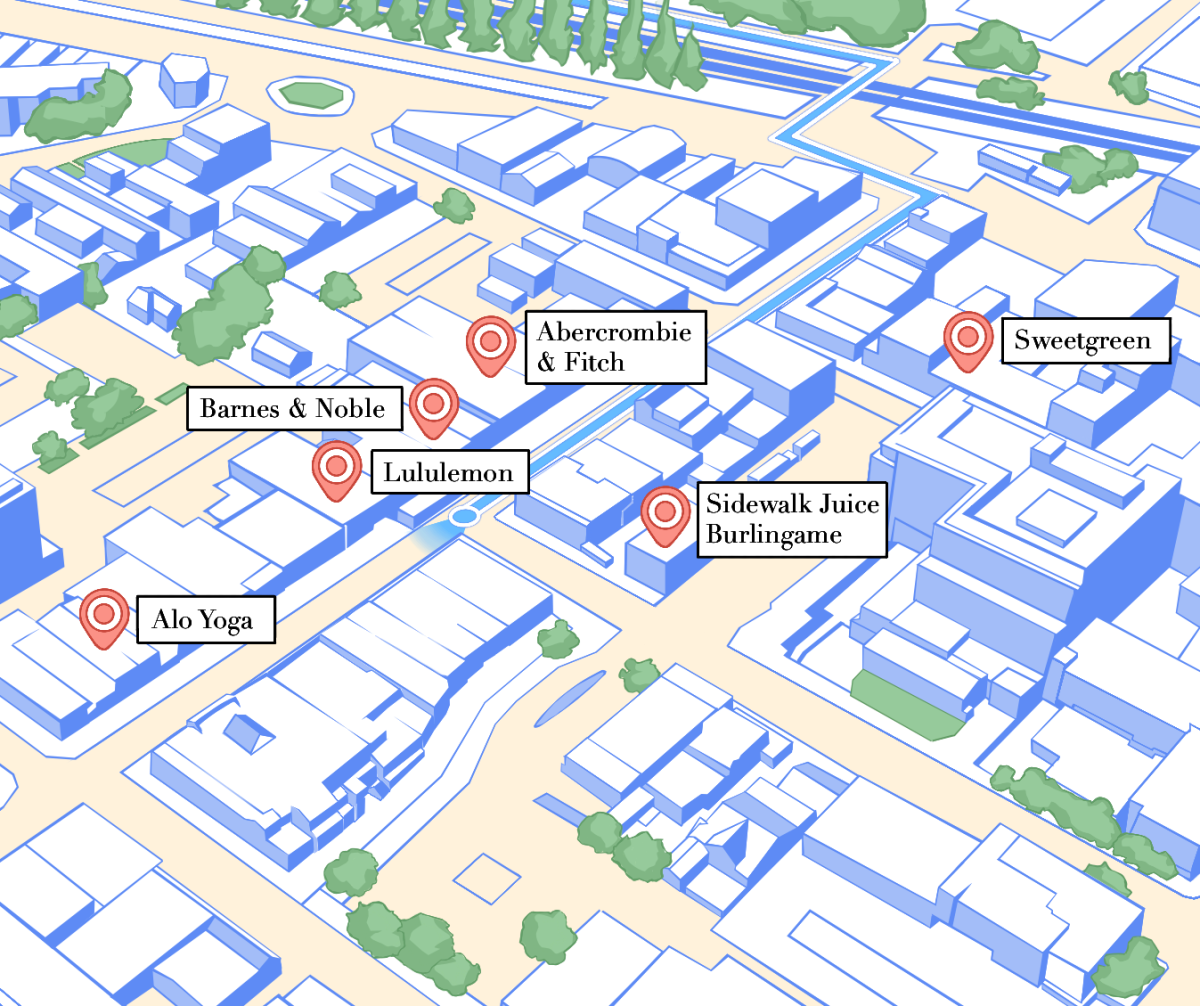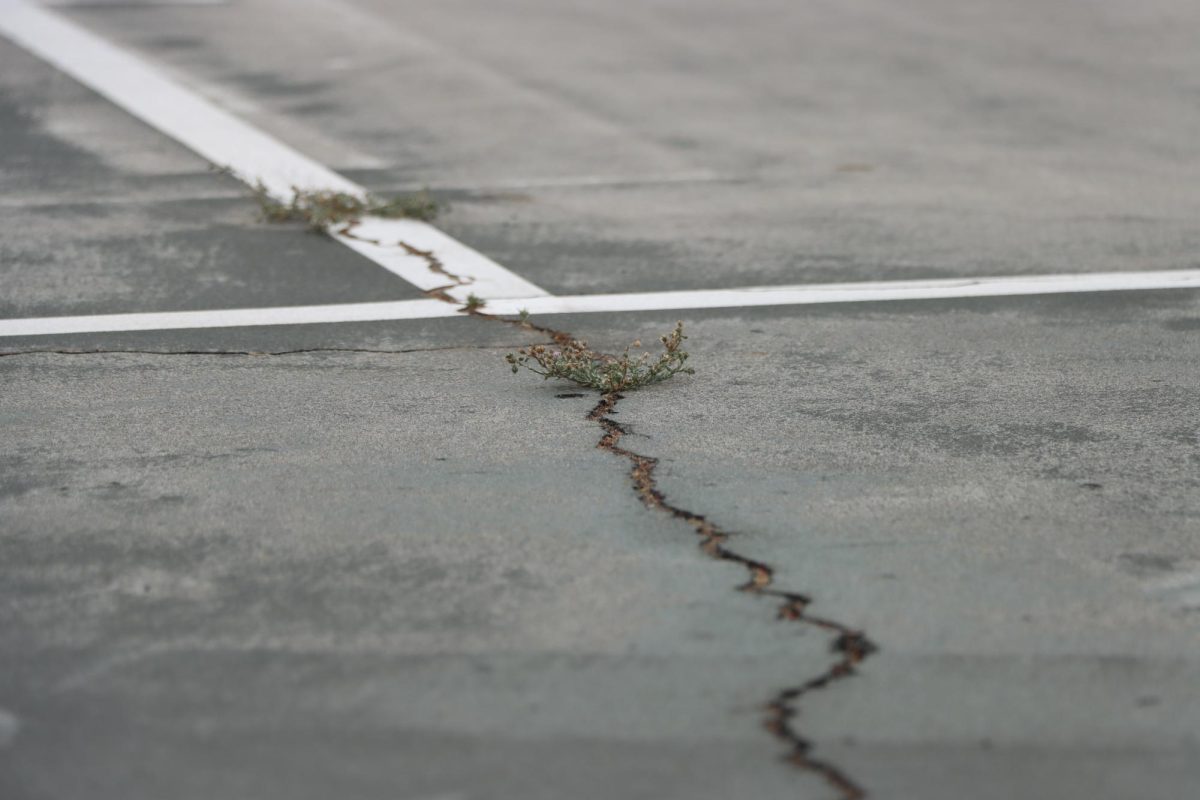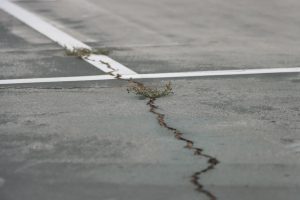Human disregard for the environment caused the pandemic
The current pandemic is only one consequence of human irresponsibility. Climate change, trash in the ocean and damaged habitats are among others.
November 29, 2020
Open-air stalls line the market, boasting countless exotic animals. Some notable mentions include porcupines, baby crocodiles and beavers. Live fish slosh around in tubs of water. Blood drips from slaughtered animals hanging on hooks. Slabs of meat lie on aggregates of ice cubes, which melt into water and drip onto the floor.
By now, you’ve probably heard of the Huanan Seafood Wholesale Market — a wet market located in Wuhan, China and widely regarded as the superspreader of COVID-19. Experts credit bats for being the non-human reservoirs of COVID-19, who scientists claim spread it to the other animals sold at the market. I have a problem with this theory. It’s not that I think it’s untrue — in fact, scientists have discovered antibodies that protect against COVID-19 in bats, which is evidence of prior infection. My problem is that it gives us an excuse to place the blame somewhere else. We blame the bats or the people at the market for causing the pandemic. We are the victims — the pandemic happened to us. The blame isn’t on us. But it should be. And here’s why.
Even though there are more viruses on Earth than stars in the universe, only around 200 infect humans, and only a fraction of them are fatal to humans — some examples are rabies, HIV and coronaviruses. Most of the viruses that have infected humans in the past have originated from non-human reservoirs, like animals or the environment. Bats have been natural reservoirs for many viruses that have infected humans, because their immune system allows multiple viruses to simultaneously persist in their bodies. But viruses that are common in animals only have the chance to infect humans through human activities that allow for consistent and regular interaction between humans and animals — that is, humans only get infected if they put themselves in the line of fire. The Huanan Seafood Market is a superb example. The plethora of species kept in small, cramped spaces allow viruses to easily transfer between animals and human market-goers. To me, this just seems like irresponsibility. Knowing all that we know about viruses and sanitation, this shouldn’t be happening.
But the Huanan Seafood Market origination and resulting COVID-19 pandemic is hardly a stand-alone event. The Ebola outbreaks, Hendra virus, and Nipah virus all have parallels to COVID-19 in terms of transmission: the interaction between humans and animals. Pandemics are becoming more and more frequent because of general human irresponsibility. Climate change damages natural habitats and prompts animal relocation into human-populated areas, equating to a higher chance of virus transmission. Urbanization and human encroachment into the wilderness results in more human-animal interaction. Our reckless eating behaviors, like wet markets, are yet another example.
We’ve long known about climate change and humans’ overall negative impact on the planet. Experts and environmentalists tell us that the time to change is now — we need to start driving electric cars, being conscious of where our food comes from and using reusable containers. We nod our heads absentmindedly, or wave them off. But the rising ocean levels and the current global pandemic should be spurring us into action. The pandemic, like the trash in the ocean and the rising temperatures, is only a symptom of the planet’s ailment. And human irresponsibility is the cause.















































